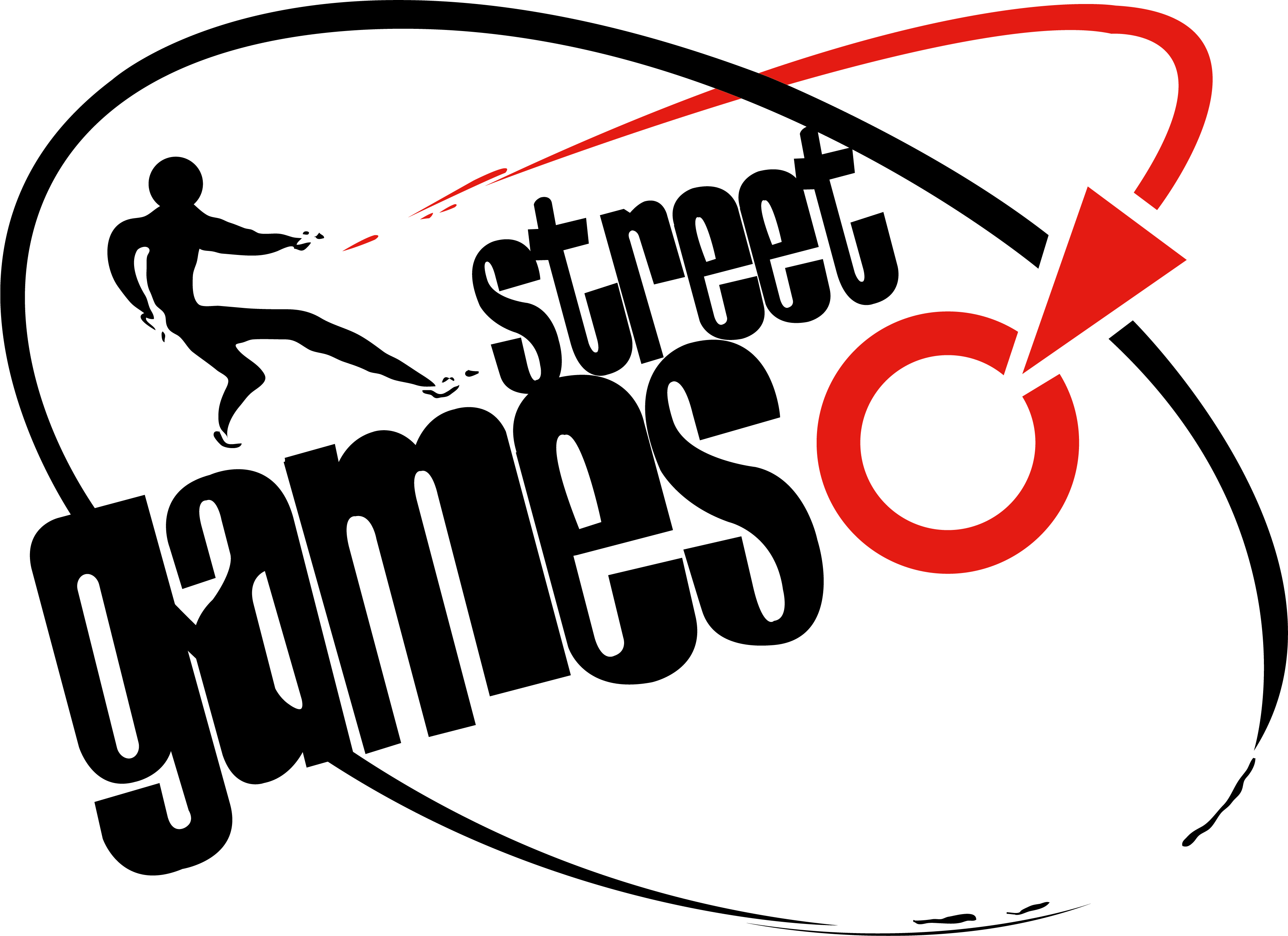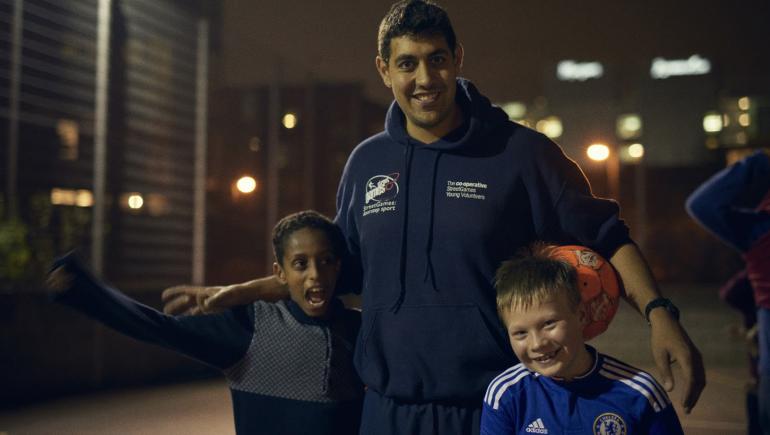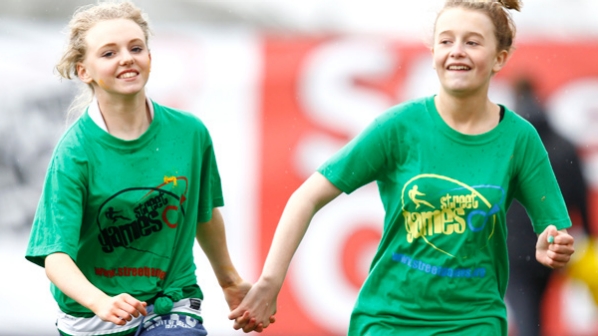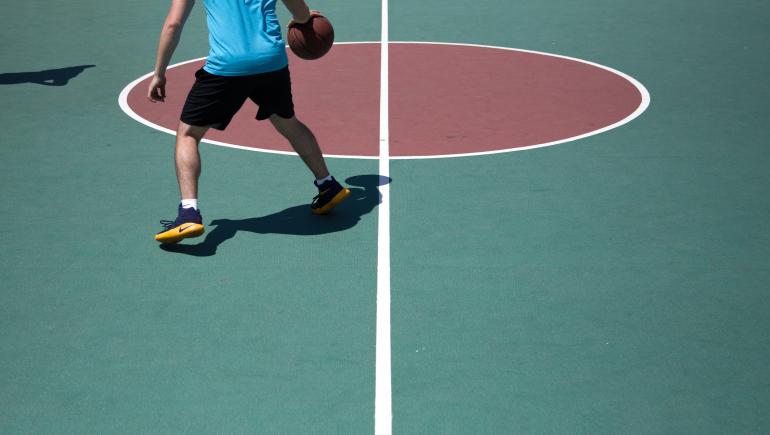
An investigation by StreetGames recently shed new light on the impact the Coronavirus lockdown is having on children and young people in disadvantaged communities. In this second article, the charity explains how the community sports organisations within their network are handling the fall-out from the lockdown, and the challenges they face to continue supporting their participants.
Five weeks on from the introduction of the lockdown, Britain is working to come to terms with the 'new normal'. Shuttered businesses and empty pavements have replaced bustling town centres and vibrant neighbourhoods, and families have been forced to adapt to these challenging new circumstances. So too have the thousands of place-based community sports groups which are working to support young people up and down the country.
StreetGames has spoken with 260 local community groups within their network to understand the impact this crisis in having on their organisations and the young people they serve. These organisations work with vulnerable young people in some of the most disadvantaged neighbourhoods in the country and have years of experience in providing fun physical activity, development opportunities, mentoring and positive role models in a way that helps young people to live safer, healthier and more successful lives.
ADAPTING
Their responses made clear the challenges these community sports organisations face as they are forced to close their doors and halt many of the services they have traditionally offered. With social distancing in place and children and young people confined to their homes, coming together for group exercise simply isn’t possible. StreetGames found that while around a quarter of those surveyed have had to cease activity altogether and furlough staff, many others have been adapting by developing new means of engagement with local participants. These included:
- Providing one-to-one and group support, advice and mentoring sessions online or over the phone.
- Providing or signposting online activities to help young people to stay physically active at home and to avoid social isolation, such as quizzes, gaming and group chats.
- Helping to distribute food parcels to vulnerable families and assist with wider community responses to the crisis.
- Providing volunteering opportunities for young people to support the local response.

The commitment of these organisations to keep young people at the front and centre of what they do has helped to drive innovation within these challenging conditions, even extending to one-on-one mentoring by phone, and supporting physical activity in schools that remain open for children of key workers.
One organisation in Stockport which has delivered StreetGames’ Fit and Fed project over previous years spoke of their plan to create a ‘lockdown edition’ of the programme:
“This will involve two online sessions run via Facebook live. The first will be an exercise session and the second will be a cooking class. The project will target circa 50 families that are known to usually receive free school meals, but will also be open to all families living on the estate. The project has funding for a free bag of ingredients to be delivered to the families on the morning of the sessions.”
RESOURCES
Several organisations have been working to deliver resources to families at home, whether that is food parcels or sports equipment. In London, Disability Sports has been distributing equipment and creating various resources including offline printed packs that encourage young people with a disability to remain active at home.
Others have been using the internet to find new ways of engaging with young people, with live work-outs being broadcast via Facebook each week and challenges being shared across social media. One project in the Wirral even introduced a ‘virtual club night’ across the week with arts and challenges, cooking and quizzes.

Despite this innovation and determination to keep supporting young people, nearly all of the projects expressed fears for their future and for the impact that their disappearance could have on the lives of the young people and communities they support.
Mark Lawrie, Acting CEO of StreetGames, said: “These organisations are doing the best they can to support their communities through the most difficult times, but they are worried. They are worried about the young people and families that they support, and worried about their own capacity to carry on providing that support. While many of these projects are adapting their delivery to keep helping young people through the current crisis, for many of them their own financial future feels precarious.
OPPORTUNITIES
“Despite these challenges and their own financial pressures, these organisations are leading the way in developing innovative new ways to keep supporting the young people who need it most. This crisis has only proven how important these projects really are, with their deep local roots and their ability to work flexibly to meet the needs of young people.
“What is quite clear from our investigation is that this is a perilous time for the sector and we need to do everything we can to ensure that these organisations and the vital work they do, day in and day out, continues during and well beyond this challenging time. StreetGames resolves to continue to stand shoulder to shoulder with these organisations, supporting our most vulnerable communities. We are doing everything we can to help, by supporting them with opportunities for funding, training and equipment.”
To find out more, visit streetgames.org.













